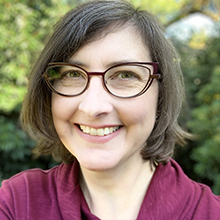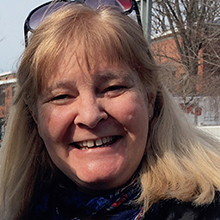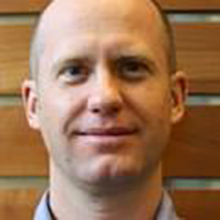Evaluation of Real World, Real Science 2.0: Learning Ecosystems Northeast
Project Director:
EDC Staff:
Funded by:
NASA
Partners:
Gulf of Maine Research Institute
Focus Area:
STEM Education & Workforce Development
Services:
Research & Evaluation
Region:
United States
Duration:
2021-2026
Challenge
Students need to be able to reason with data and understand earth science. Connected learning ecosystems (CLEs) can foster students’ data science skills and earth science knowledge by building partnerships among science teachers, informal educators, and librarians. Yet as CLEs emerge across the United States, it’s important to understand if and how they connect educators and support effective new learning experiences for students.
EDC is evaluating the Gulf of Maine Research Institute’s NASA-funded Real World Real Science (RWRS) 2.0/Learning Ecosystems Northeast (LENE) project. Building on EDC’s work to develop and evaluate field trip and classroom experiences that blend earth science and data science to support student learning, LENE brings together key partners to build new learning experiences for youth that include earth science data sets and historical knowledge.
Key Activities
EDC is carrying out the following activities:
- Advancing understanding of the work of a Science and Technology Center community of practice (CoP) focused on developing new CLEs across the Northeast United States
- Documenting and describing the development of and variation in regional CLEs across Maine and the Northeast as they expand programming focused on data science and earth science for youth
- Developing case studies to explore the development of CLEs and how educators support youth learning about data and earth science
- Documenting and describing the outcomes related to educator connectedness and the development of new youth experiences across Maine and New England
Our Impact
- Provide insight into the development of CLEs, including variations in partners and their roles and the ways in which local, historical, and earth science knowledge shape CLE activities
- Advance knowledge of the influence of CLEs on educators’ confidence in building students’ data literacy and engaging youth with earth science data and the opportunities that emerge for youth to engage with data-rich stories







